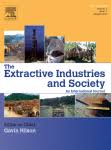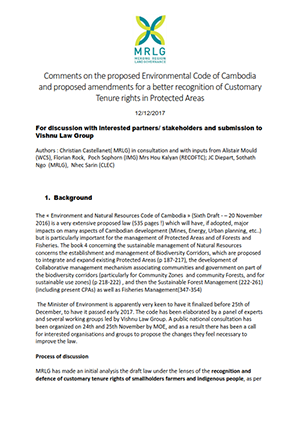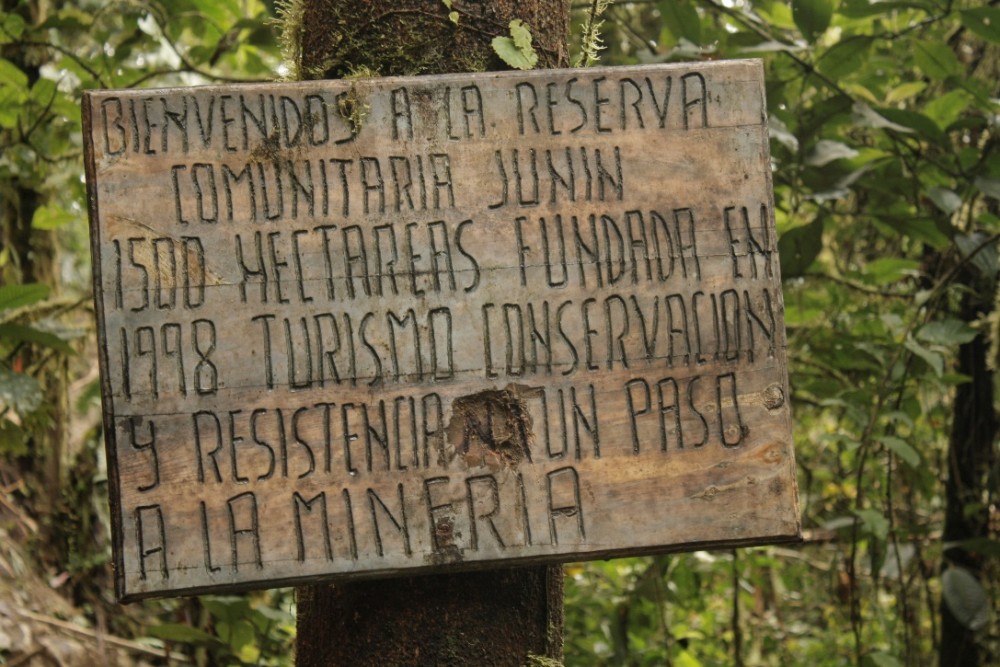Changing landscapes in Mozambique: why pro-poor land policy matters
In Mozambique, changes in land access and use are shaping new landscapes, often at the expense of the poor. Despite progressive land legislation, elite groups and vested interests are consolidating land holdings while peasant producers are being dispossessed of their land and access to fertile plots is becoming increasingly difficult. As national and foreign investors seek land for housing, real estate, agriculture, tourism, mining and forestry, what is the state’s role in responding to these increased demands?









